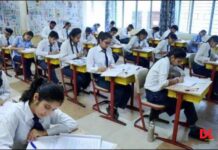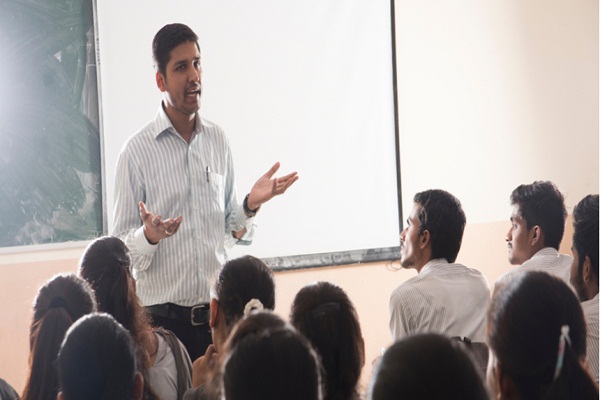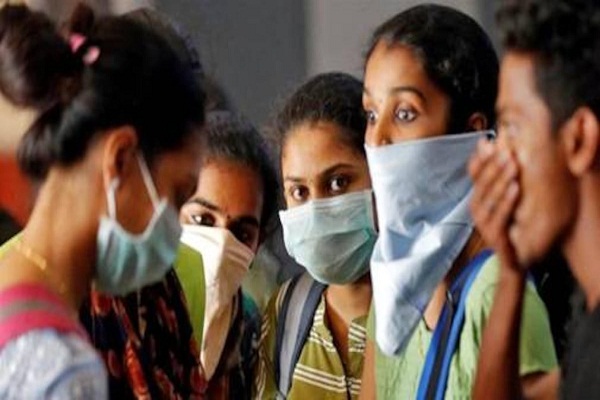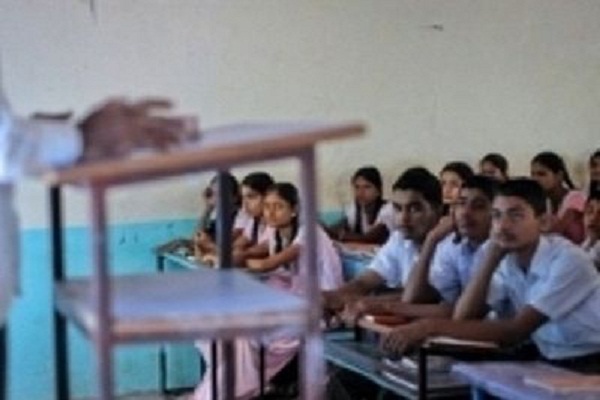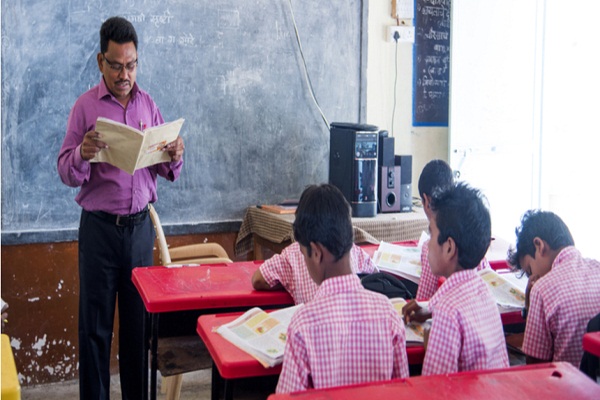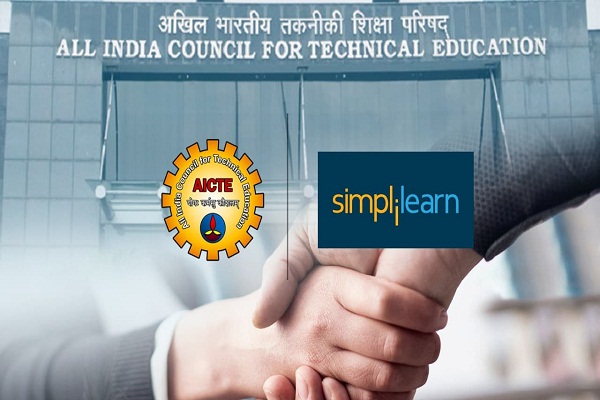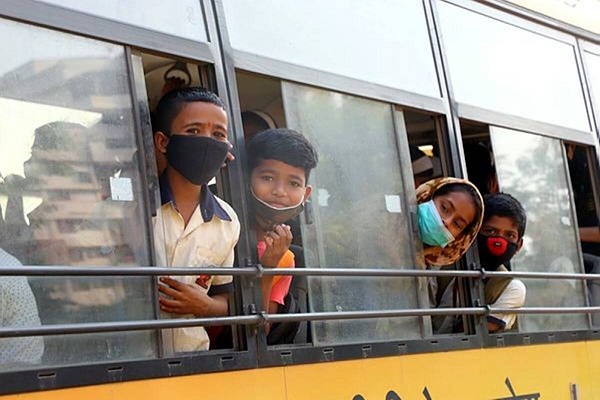Prime Minister Narendra Modi praised Visva Bharati for her inspiring heritage and on Friday asked his students to help farmers and artisans in villages adopted by the institution find global markets for their products.
He said that Guru Rabindranath Tagore did not see the university as a typical educational institution, but as one that would help Indian culture to reach its full potential.
Addressing the convocation of Visva Bharati, the country’s oldest central university, Modi said that knowledge is not a “silent and static concept, but a dynamic one.” “I urge the students and faculty at this inspiring institution to help farmers and artisans living in the villages adopted by the institution to find global markets for their products. This will be a step towards building a Bharat be ‘Atmanirbhar’ (autonomous). He said. He told the congregation that knowledge comes from responsibility and that the knowledge they acquire is not only theirs, but is a legacy for future generations. “Their knowledge and skills can make society proud, but they can also lead them to the darkness of ruin.
Also read: Nishank : Pariksha Pe Charcha 2021 with PM Modi to be held in March
There are many examples in history and in the present. “Among those who sow terror and violence, you will find highly educated and trained people in the world. On the other hand, some people work day and night to rid the world of an epidemic like that of Corona. The most important thing is the state of Cheer up, ”he said.
The Prime Minister said that the national education policy is an important step in building an independent India as it stimulates research and innovation. India could not become Atmanirbhar without the self-confidence of her daughters. The new national education policy with a fund for gender inclusion is an important step towards building an independent India. He encouraged young people to take risks without fear of failure.


